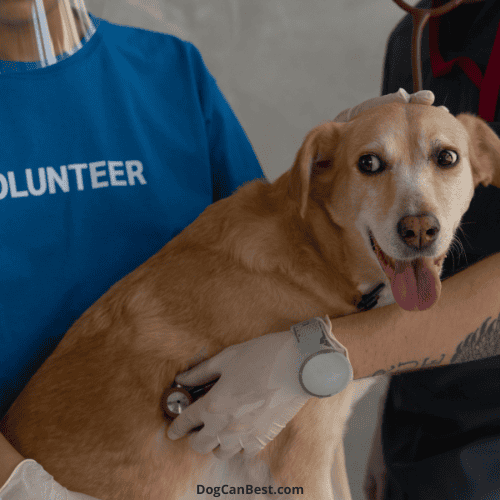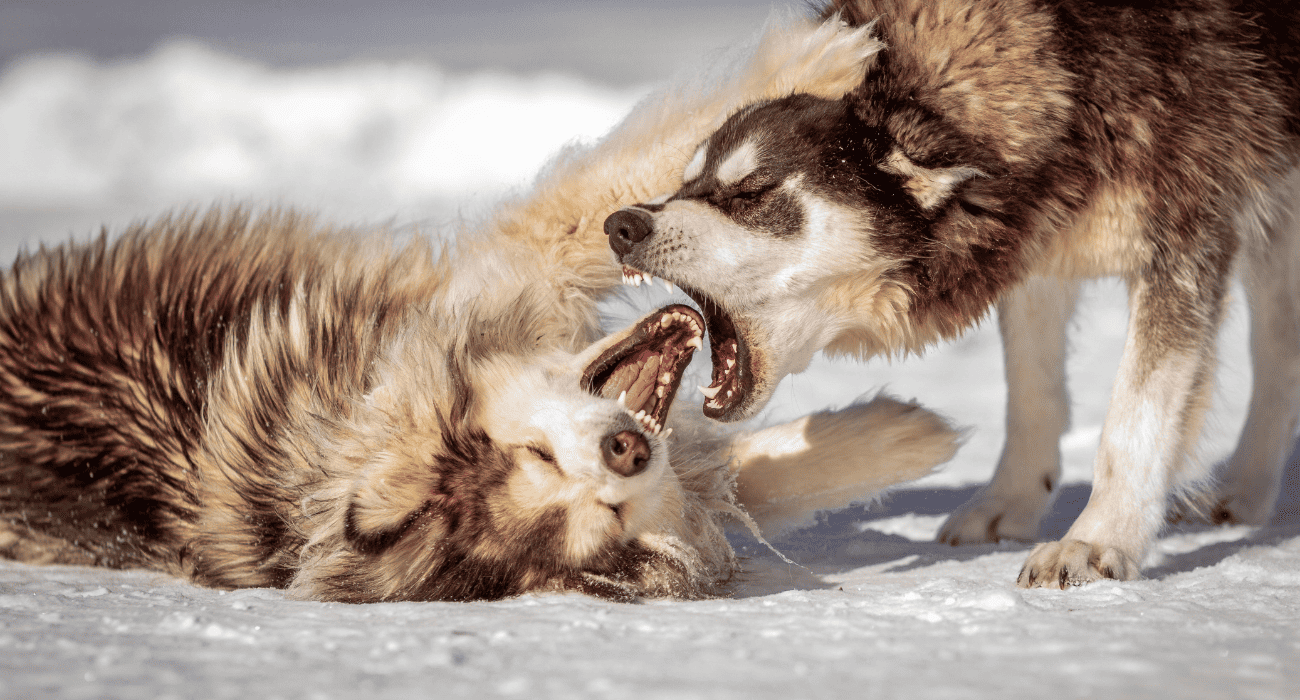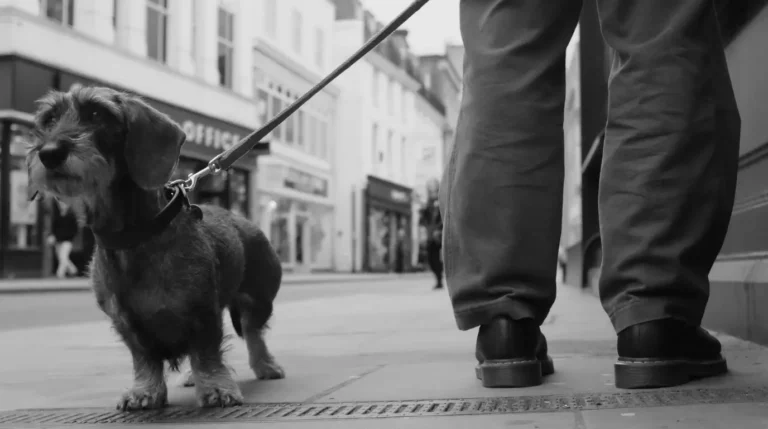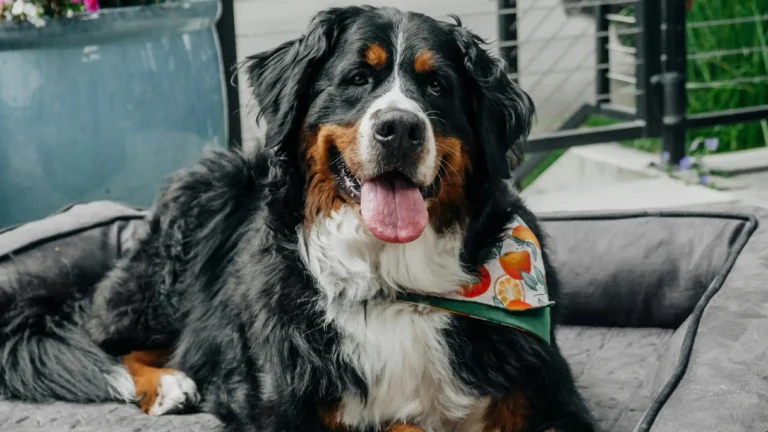How Often Do Dogs Need a Rabies Vaccine? 5 Reasons Why Dogs Need Regular Rabies Vaccinations
How Often Do Dogs Need a Rabies Vaccine, As a pet parent, you’re always thinking about your dog’s wellbeing. Whether it’s keeping them from overeating, playing with them when you get home from work, or just giving them some love and affection, you’re doing your best for your dog.
Table of Contents
One area, that is often overlooked but is crucial to their health, is vaccines. Rabies is one of the most dangerous diseases to afflict your dog.
Once contracted, rabies has an almost 100% fatality rate, and with no effective treatment available, prevention via vaccination is the only effective way to keep your dog protected. As a pet parent, you may be asking yourself

How Often Do Dogs Need a Rabies Vaccine?
You are not alone. Many new dog owners ask us questions about rabies and the rabies vaccination schedule to keep their dog safe and healthy.This article will expand on all aspects of rabies vaccination for dogs.
You will learn what the rabies vaccination is and will help you establish a rabies vaccination schedule for your dog. First, let’s start with what rabies is and why it is necessary to vaccinate your dog! Then we can discuss how you can protect your dog from rabies.
What is the rabies vaccine? Understanding rabies and the importance of vaccination. Rabies is a viral disease of the central nervous system of mammals, including both people and dogs.
Transmission happens through saliva from infected animals and is most often through bites. Once a person demonstrates symptoms of rabies, the disease is almost certainly fatal. The rabies virus mainly affects the brain and induces symptoms related to the nervous system. Symptoms in animals can include aggression, excessive salivation, paralysis, or seizures.
Animals that have been infected often exhibit abnormal behavior, which makes them a threat to other animals and humans. If a dog were to acquire rabies, it would ultimately lead to death.
The rabies vaccine acts as a preventative measure to protect against the disease, allowing dogs to develop immunity before coming in contact with the rabies virus.
When you vaccinate your pet, you protect them from rabies as well as other individuals in the community, whether they are other animals or even humans.
What is the Rabies Vaccine?
The rabies vaccine works by activating your dog’s immune system to create antibodies that can fight a rabies infection if your dog is ever exposed to the virus. It is an inactivated (killed) vaccine, which means it contains a version of the virus that has been killed or destroyed and cannot cause disease but the immune system can still recognize and mount an immune response.
The rabies vaccine works by effectively “teaching” your dog’s immune system how to recognize and fight the rabies virus in case your dog may come in contact with a rabid animal.
If your dog would happen to become exposed to rabies, their body could safely respond and fight the infection before it has the chance to multiply and spread throughout the body.The vaccine is given in one injection, normally as a shot under the skin or into the muscle. Your puppy will be vaccinated for the first time, followed by several booster vaccinations throughout their life to maintain your dog’s immunity.
How Frequently Do Dogs Require a Rabies Shot?
The Typical Schedule for Rabies VaccinationWhen we discuss rabies vaccinations, the frequency of shots varies based on the age of your dog, which vaccine has been given, and the laws for your area.
Here is a general schedule for vaccinating most dogs: First Vaccination (Puppy) Typically, the first rabies vaccine is given when your canine is between 12 and 16 weeks. It’s important to get this timing correct, administering the shot too soon can impede your dog’s immune system from responding correctly. First Booster Shot (1 Year Later) After your dog gets their first rabies shot, they will need a booster shot again a year later. This keeps the immunity your dog developed from the previous vaccination effective.
Ensure Every 1-3 Years After the Initial BoostersThere are rabies boosters every 1-3 years after the initial booster. The timing of these boosters varies based on the following factors Type of Vaccine Used:
There are rabies vaccines licensed for one year (annual) or three years. Your veterinarian will choose the right vaccine for your dog based on what is allowed in your state and other considerations. Local Regulations: Different locations have different rabies vaccination requirements. Local laws may specify whether you should vaccinate annually or three years.
What Factors Will Affect the Rabies Vaccination Schedule?
When you have heard about rabies vaccination schedules and if rabies vaccines must be administered at certain intervals, you have probably wondered,
what are these factors?
The most common factors that may dictate when or how often your dog will receive a rabies vaccination will be described below.
Vaccine Type: The rabies vaccination your veterinarian administers will dictate how often your canine companion will annually receive a rabies booster. A one-year rabies vaccine requires annual doses, while some vaccines confer immunity for longer periods and require only boosters every three years. Your veterinarian will appropriately vaccinate your dog for their benefit.
Regulations and Laws: Many areas have regulations that require your dog(s) to receive rabies vaccination. These regulations may dictate when and how often your dog(s) need the rabies vaccination. You should familiarize yourself with regulations and laws in your area to comply with local laws regarding rabies vaccination of your dog(s).
Dog’ Age and Health: Older dogs, dogs with certain health conditions, or dogs with weakened immune systems may receive a different rabies vaccination schedule, If your dog is one of these types of dogs, your veterinarian may recommend that your dog visits more often to ensure it remains protected from rabies.
Signs your dog needs a rabies vaccine boosterThe Importance of Regular Vet VisitsEven if you keep track of your dog’s vaccine schedule, it’s important to plan for regular vet visits to monitor your dog’s health.
Regular vet visits will allow your vet to determine if your dog is in need of vaccination, rabies or otherwise, and assess your dog for preventive care as appropriate. How to Track Your Dog’s Vaccination ScheduleIt is important to keep accurate records of your dog’s vaccinations for tracking purposes and for keeping up with your dog’s medical needs.
Your dog’s vet should provide a record of your dog’s vaccinations with the dates of each immunization listed including rabies. If you need to set up reminders on your phone or have a written note for planning purposes, do it!
When Should a Rabies Booster Be Considered?
If your dog has missed a vaccination date or you can’t remember the last rabies vaccine date, let your veterinarian know. According to the rabies vaccine manufacturer and the time since the last injection, your veterinarian might remember the date and advise you to give a rabies booster sooner than recommended or develop a catch-up protocol.
5 Key Recommendations to Encourage Effective Management of Your Dog’s Health and Safety
1: Track Your Dog’s Rabies Vaccination
Schedule Tracking your dog’s rabies vaccinations is the most important thing you can do to help keep your dog safe. Use your phone to set reminders of rabies booster appointments or keep a printed copy of rabies vaccination information in a lockbox or safe place. Don’t wait until the last minute to set an appointment for a rabies vaccination. Think ahead and plan for your dog in a timely manner to keep rabies current. Recommendation
2: Regular Check Ups with the Veterinarian are Important Plan to see the veterinarian
even if your dog appears health each time. Check-ups help to watch your dog’s health status overall and properly get updates on vaccinations to follow. A veterinarian involves your pet’s health status and health care needs when recommendations and care are provided.
3: Understand the Vaccination Requirements in Your Area
Get to know the rabies vaccination laws in your state and/or province. Many areas have laws requiring rabies vaccination for dogs and may even have specific laws stating how often it must be administered. It’s a good idea to keep yourself up to date around any existing vaccination laws, to be sure you’re prepared to comply, and avoid any possible fines.
4: Watch for Side Effects of Vaccination for Your Dog
Most dogs are unaffected by their rabies vaccination, but still, be on the lookout for any signs of possible side effects. Some of the side effects you may see could include mild soreness at the site of vaccination, moderate fatigue, or mild fever. This is normal. If, however, your dog exhibits severe side effects including swelling, trouble breathing, vomiting, or severe indifference, please contact your veterinarian.
5: Keep Your Dog Away from Wildlife
Because rabies can be spread from contact with rabid wildlife, it’s a good idea to keep your dog safe and avoid exposure. Do not allow your dog to wander in an area where wild animals are located. Always keep your dog on a lead when hiking or walking in areas known to have wildlife.
Conclusion
Bottom line: Protecting Your Dog from RabiesRemember, rabies is a preventable disease, and each vaccination is the best thing you can do to protect your dog. By staying on top of your dog’s rabies vaccinations, your pet will remain well protected for years to come, along with regular vet checkups, and by following the tips in this article.Vaccination is not simply an individual health decision, it protects your dog and the community. Rabies is a public health issue and by vaccinating your dog you contribute to the safety of man and pet alike.





